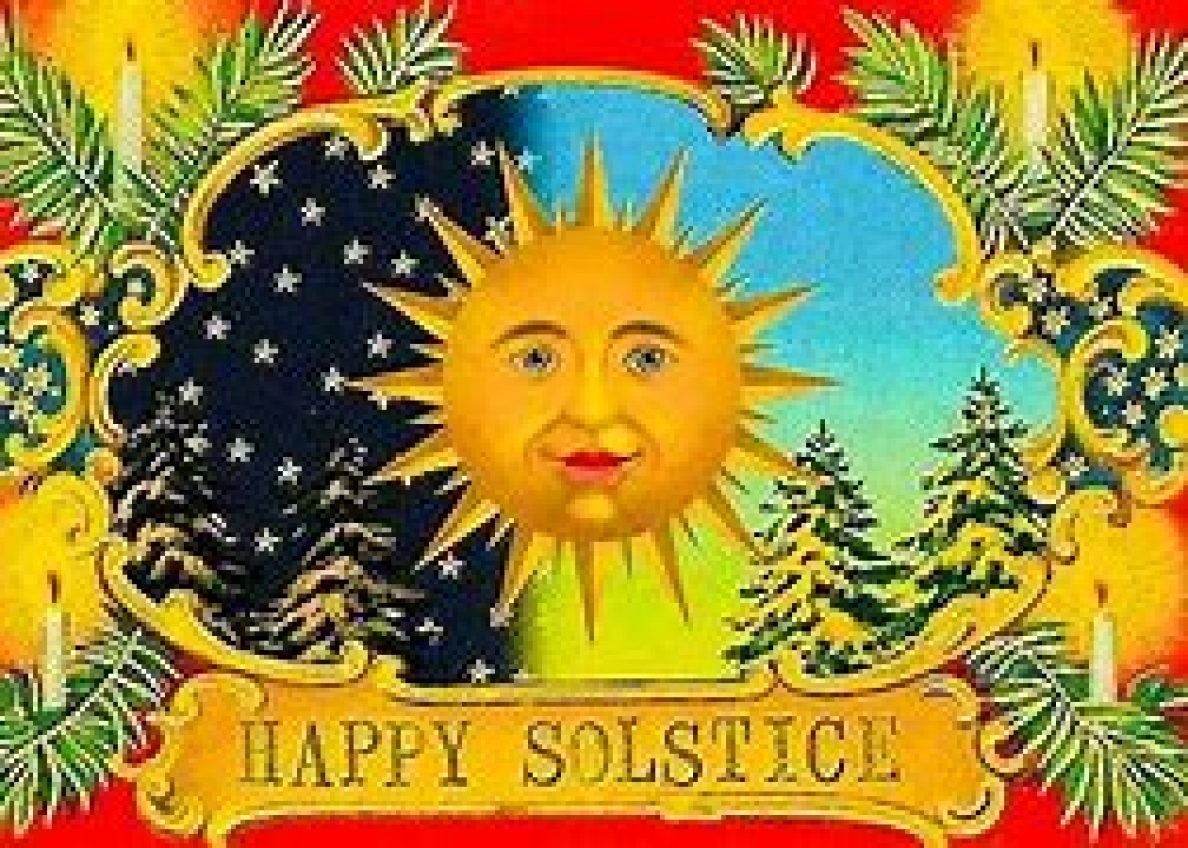SATURDAY
The Day of Reckoning The Day of Saturn
saterndaeg or soeterdaeg (Anglo-Saxon) samstag (Germanic) dies saturni (Latin) sani-var or sanichar (Hindu) sunneecher (Islamic) samedi (French) dou youbi (Japanese)
Traditionally seen as the seventh day of the week. The Latin name for this day was ‘Dies Saturni’ meaning the ‘Day of Saturn’ (Saturn being a Roman deity) which was later developed by the Anglo-Saxons to ‘Soeterdoeg’. Saturn was associated with the ancient Greek ‘Kronos’ or ‘Time’ (some refer to this deity as Father Time). Kronos was said to have attempted to devour each one of his children but was unsuccessful with ‘Neptune’ or ‘Water’, ‘Jupiter’ or ‘Air’ and ‘Pluto’ or ‘The Grave’ as it was believed that not even Time can harm these. Jupiter eventually banished Saturn from his thrown. Saturn was also known as the God of the Seed and Harvest being symbolised by a scythe. Those who practised the ancient art of alchemy believed that Saturn was linked to the metal lead, and that anyone born under this sign would be influenced by its evil nature. Alchemists referred to the ‘Tree of Diana’ also known as the ‘Philosopher’s Tree’ as ‘Saturn’s Tree’. Modern astrologers indeed still link the disposition of anyone born under the influence of Saturn as being likened to the qualities of the metal, these being gloomy, dull, sluggish, grave, phlegmatic:
‘Then rose the seed of Chaos and of Night To blot out order and extinguish light. Of dull and venal a new world to mould, And bring Saturnian days of lead and gold.’ Pope : Dunciad, IV, 13.
Saturday in India is traditionally believed to be an unlucky day as this is the day dedicated to the God of Misfortune named ‘Sani’. In Ireland (UK) it is believed that if a the visual phenomena of a rainbow appears on this day then the following week will be nothing but wet weather. In Scotland (UK) it was traditionally believed that any child born on this day would have the gift of seeing ghosts. In rural areas of the British Isles it was traditionally believed to be bad luck to change jobs on a Saturday, an old English (UK) rhyme to support this was:
‘Saturday servants never stay, Sunday servants run away.’
‘Black Saturday’ was the name given to August 4 1621. It is said that a violent storm symbolically blew-up in Scotland (UK) at the moment when Parliament was in the house discussing whether to make change of the Episcopacy laws, and force this upon the people of Scotland. According to the English historian Richard Grafton certain dates of the month were unlucky as published in the ‘Manual’ in 1565. Days throughout the year were identified and of course could have related to any day of the week. The date was the most important point to consider. The work was reputed to have some credence with support given by astronomers of the day.
(For more information see Mystical WWW Mystical Time : Mystical Months).
